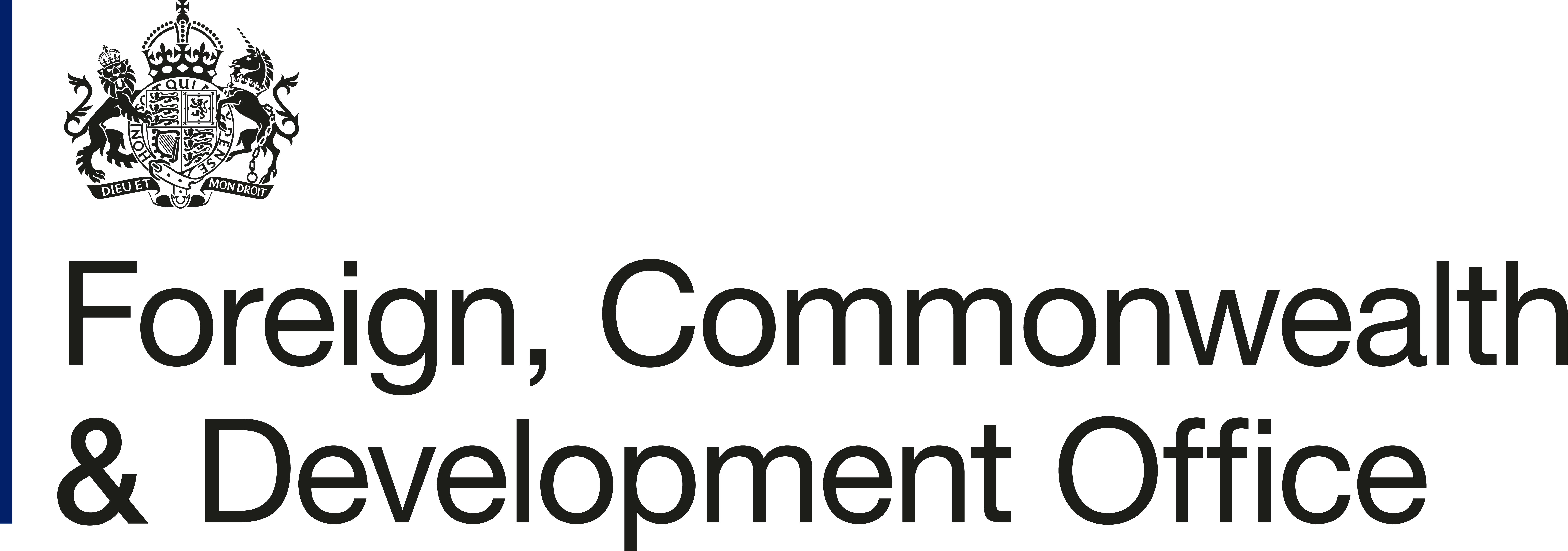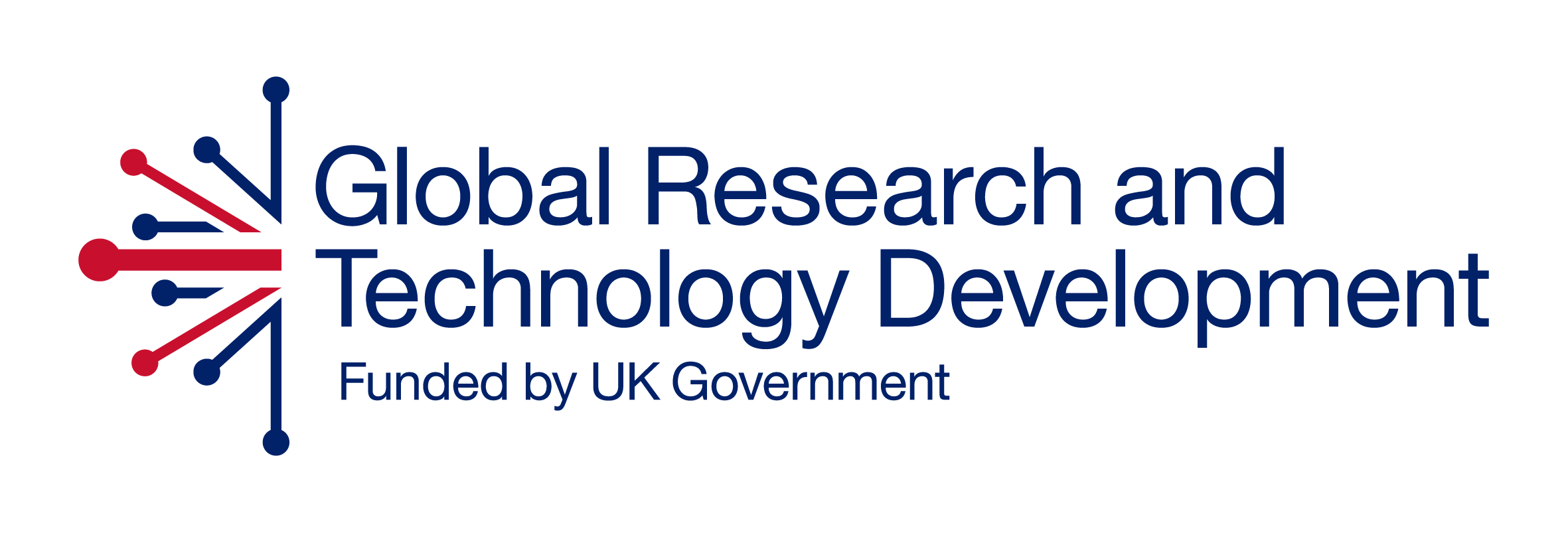The Global Education Evidence Advisory Panel (GEEAP) unveiled its latest report, “Effective Reading Instructions in Low- and Middle-Income Countries: What the Evidence Shows.” This report highlights that literacy is the cornerstone of all learning.
Successful treatment of bubonic plague

A groundbreaking clinical trial has provided conclusive evidence to support WHO guidance that a simple, affordable oral antibiotic can improve bubonic plague treatment worldwide. The IMASOY trail, funded by the Foreign Commonwealth and Development Office and Wellcome, represents the first conclusive randomised controlled trial to provide conclusive evidence on the efficacy and safety of treatments for this disease.
Despite declining cases globally, bubonic plague continues to pose a threat across most continents, with Madagascar accounting for over 80% of detected cases worldwide. Current treatment involves regimens with limited clinical evidence, often requiring expensive injectable antibiotics and hospital stays.
The UK-Madagascan research collaboration enrolled and treated 450 suspected plague cases, 220 of whom were confirmed or probable by laboratory tests. comparing two treatment approaches. The standard protocol involved a three-day course of injectable aminoglycoside followed by 7 days of oral ciprofloxacin. This was tested against a simplified ten-day course of ciprofloxacin alone.
Results demonstrated that the ciprofloxacin-only treatment proved highly effective and safe whilst costing just one-tenth of existing treatment. Beyond clinical effectiveness, researchers conducted a qualitative study examining whether Madagascan clinicians would accept this simplified approach in practice. This comprehensive evaluation ensures the findings can translate into real-world healthcare improvements.
The trial represents a collaborative effort between leading institutions: ISARIC at the University of Oxford, Institut Pasteur de Madagascar, the Centre d’infectiologie Charles Mérieux, and the London School of Hygiene and Tropical Medicine. This international partnership demonstrates how strategic research funding can address neglected diseases affecting vulnerable populations.
Check the ISARIC research page for further information on the bubonic plague treatment and clinical trial.
See more
The vital importance of literacy
New report points the way forward for e-mobility in Africa
The Powering Renewable Energy Opportunity (PREO) programme launched its latest report – “Driving Interoperability: Insights from PREO’s E-Mobility Portfolio” at Africa E-Mobility Week 2025.
What does evidence-informed policymaking look like? A framework for conceptualising and measuring EIPM
The past two decades have seen a proliferation of activity supporting evidence-informed policymaking (EIPM) in low- and middle-income countries.
Successful treatment of bubonic plague
A ground breaking clinical trial has provided conclusive evidence to support WHO guidance that a simple, affordable oral antibiotic can improve bubonic plague treatment worldwide.

Your starting point for Foreign, Commonwealth and Development Office (FCDO) funded research and development.
Quick links
All content is available under the Open Government Licence v3.0, except where otherwise stated.

